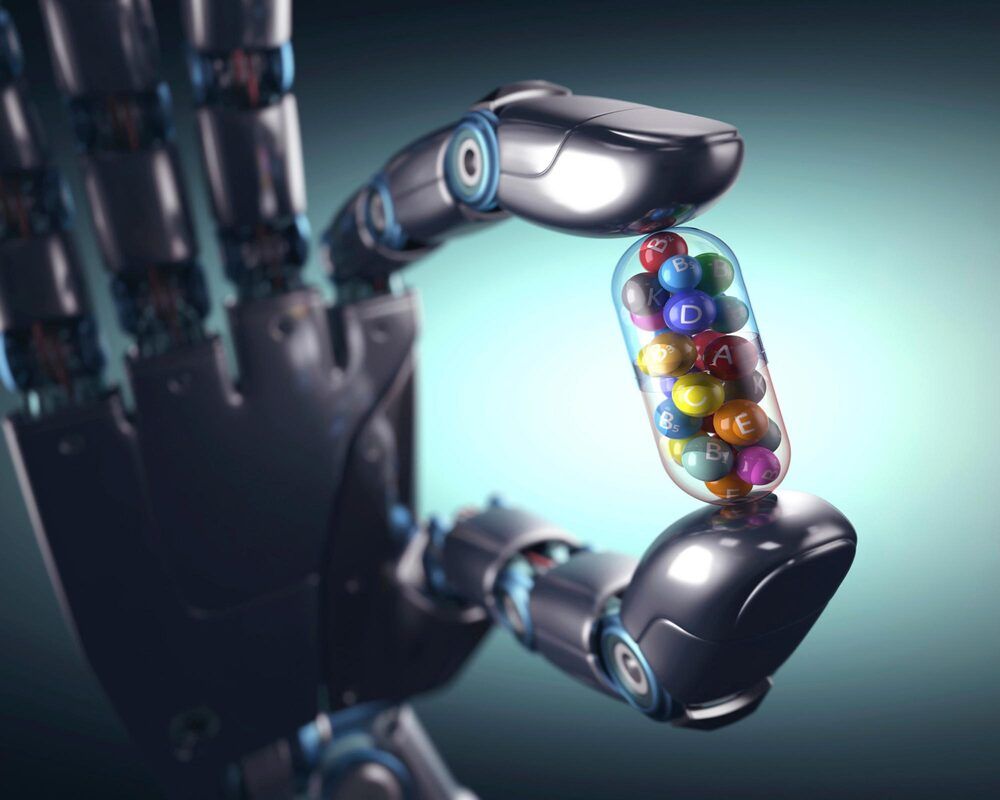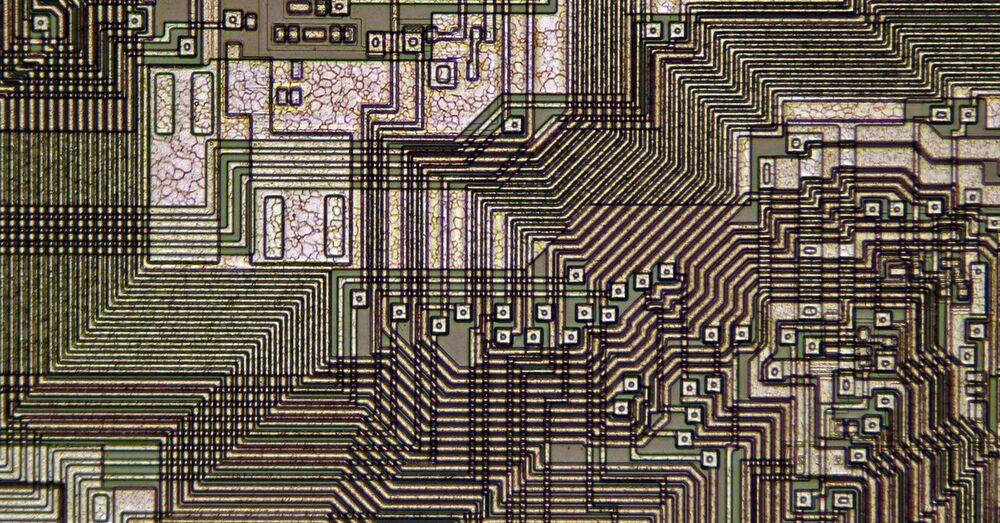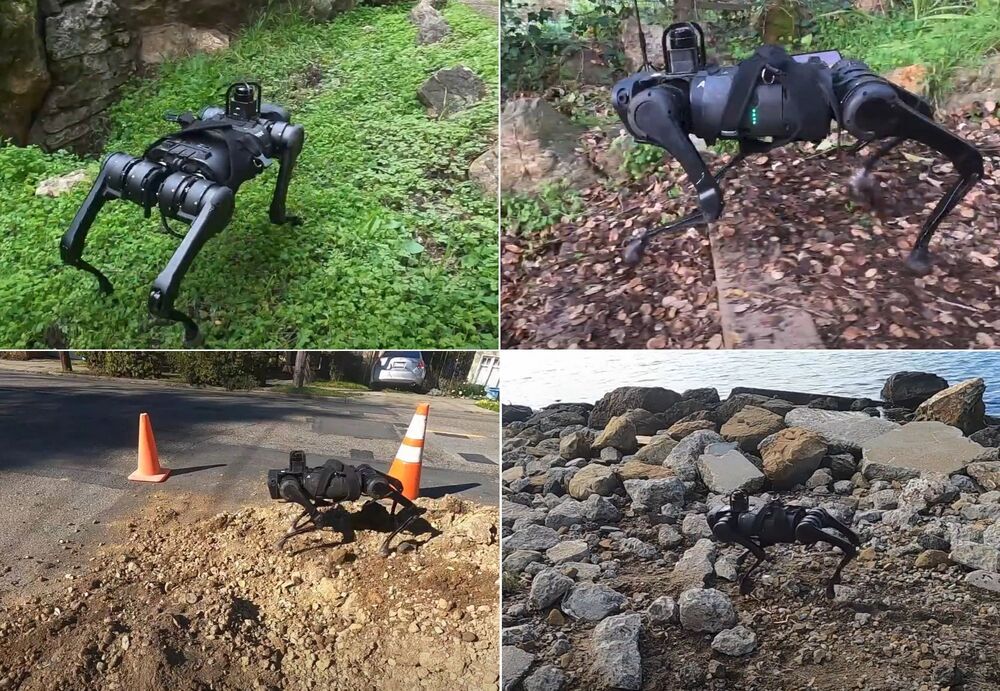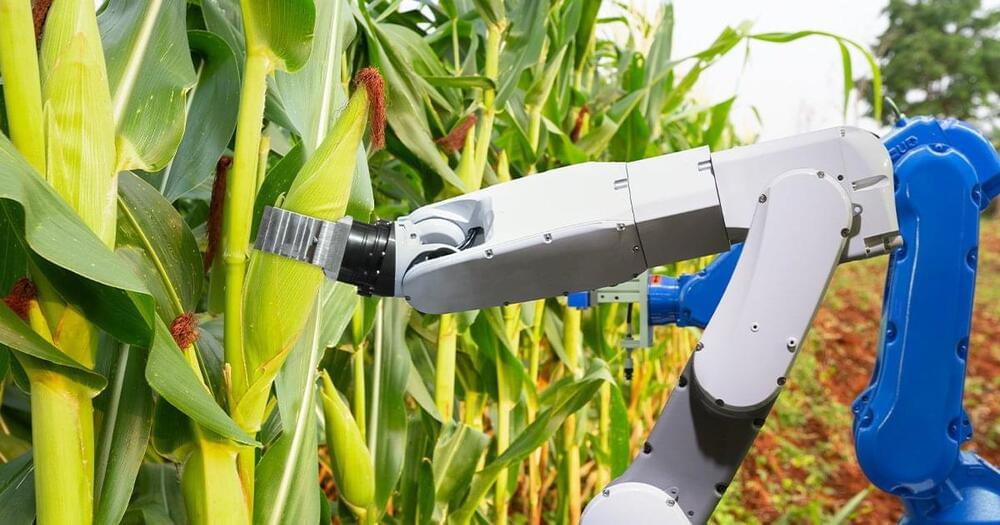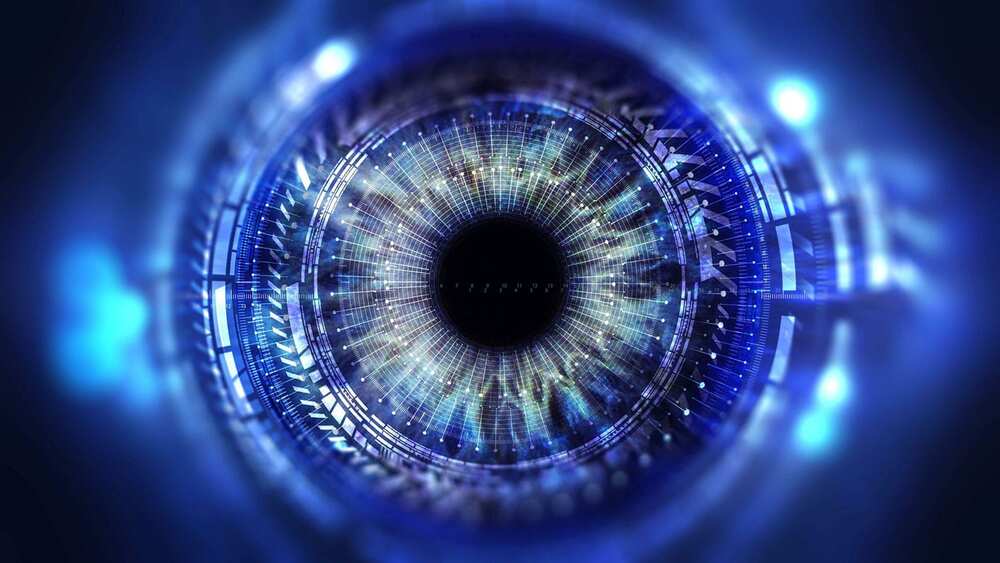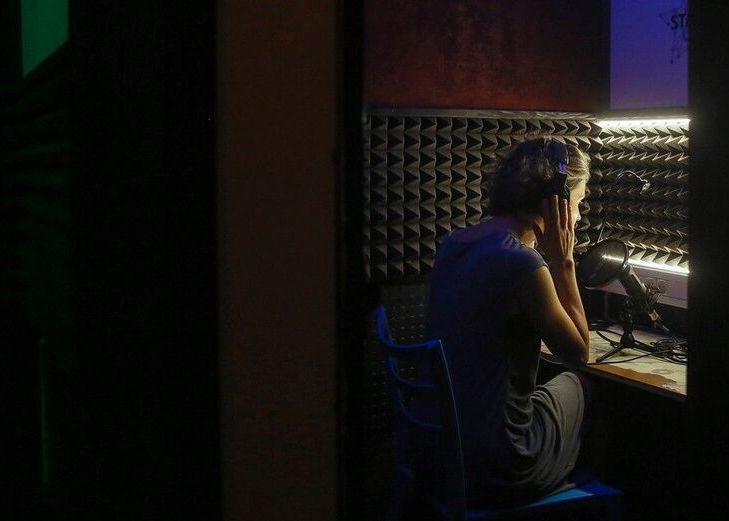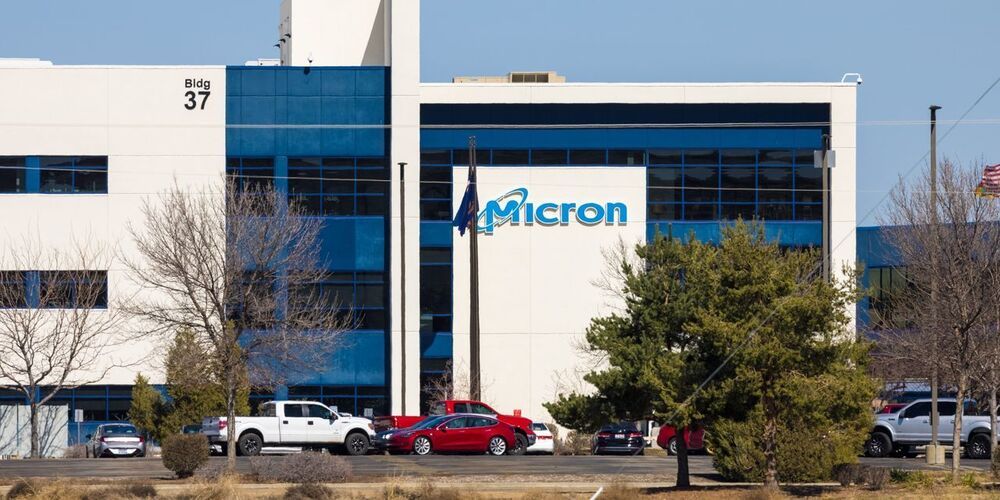Artificial intelligence (AI) is able to recognize the biological activity of natural products in a targeted manner, as researchers at ETH Zurich have demonstrated. Moreover, AI helps to find molecules that have the same effect as a natural substance but are easier to manufacture. This opens up huge possibilities for drug discovery, which also has potential to rewrite the rulebook for pharmaceutical research.
Nature has a vast store of medicinal substances. “Over 50 percent of all drugs today are inspired by nature,” says Gisbert Schneider, Professor of Computer-Assisted Drug Design at ETH Zurich. Nevertheless, he is convinced that we have tapped only a fraction of the potential of natural products. Together with his team, he has successfully demonstrated how artificial intelligence (AI) methods can be used in a targeted manner to find new pharmaceutical applications for natural products. Furthermore, AI methods are capable of helping to find alternatives to these compounds that have the same effect but are much easier and therefore cheaper to manufacture.
And so the ETH researchers are paving the way for an important medical advance: we currently have only about 4000 basically different medicines in total. In contrast, estimates of the number of human proteins reach up to 400000, each of which could be a target for a drug. There are good reasons for Schneider’s focus on nature in the search for new pharmaceutical agents. “Most natural products are by definition potential active ingredients that have been selected via evolutionary mechanisms,” he says.
